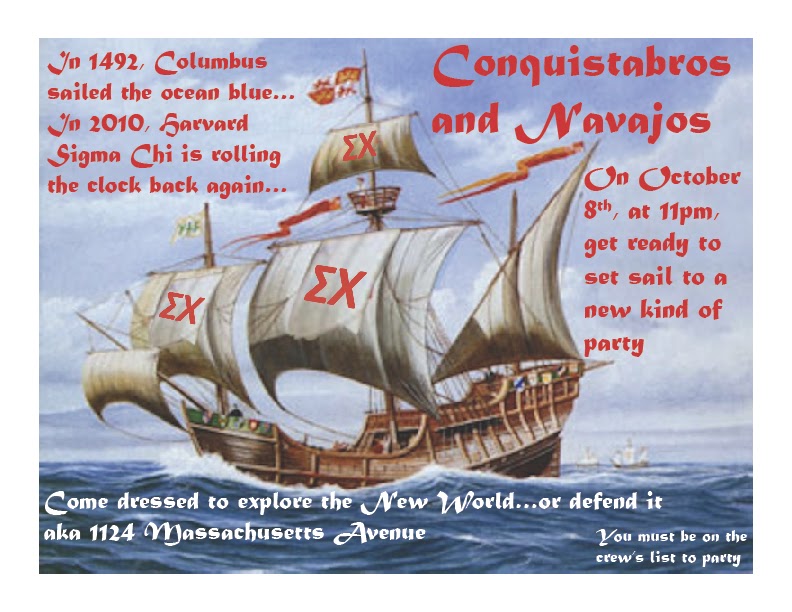JT sent along the following submission for grossest Halloween costume: the Jane Doe DOA. That’s Jane Doe Dead on Arrival to you. And isn’t she hot in her custom-made body bag and “choker”?
The description:
Although she doesn’t have much of a personality, she is still drop dead gorgeous in this body bag dress, I’m sure you have the personality and in this you will be gorgeous. Stretch satin mini dress with hood and a two way zipper front which can zip all the way up the hood, this is sleeveless and has a vest style finish at the back. One breast has an outline of a body printed on to it an PROPERTY OF THE CORONER. Pack includes Coroners name tag fitted to a choker Jane Doe and matching fingerless gloves. (3 piece set). Fabrics are listed as 95% polyester and 5% spandex. and other accessories are available separately.
Lisa Wade, PhD is an Associate Professor at Tulane University. She is the author of American Hookup, a book about college sexual culture; a textbook about gender; and a forthcoming introductory text: Terrible Magnificent Sociology. You can follow her on Twitter and Instagram.
















